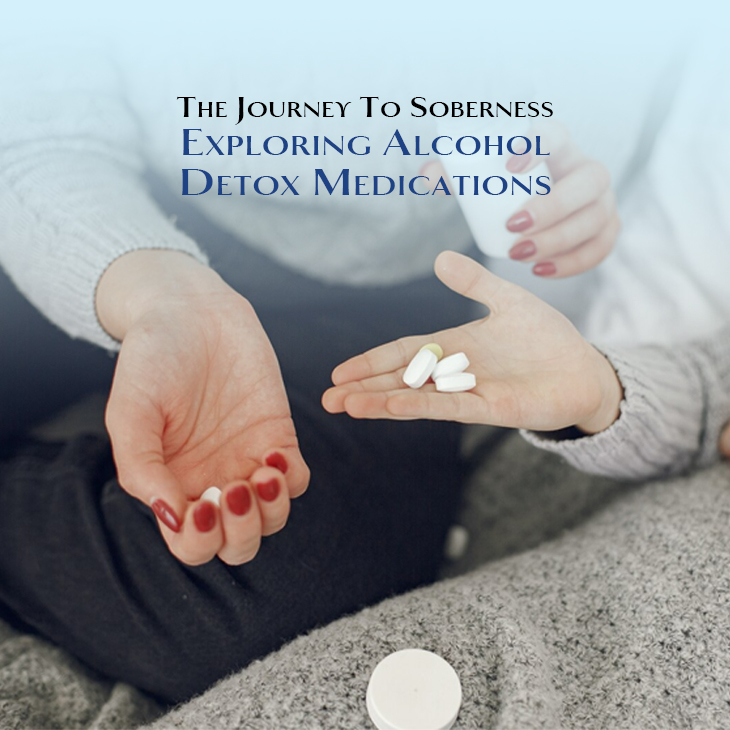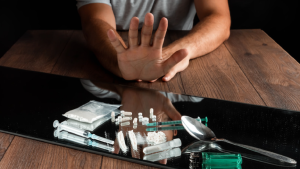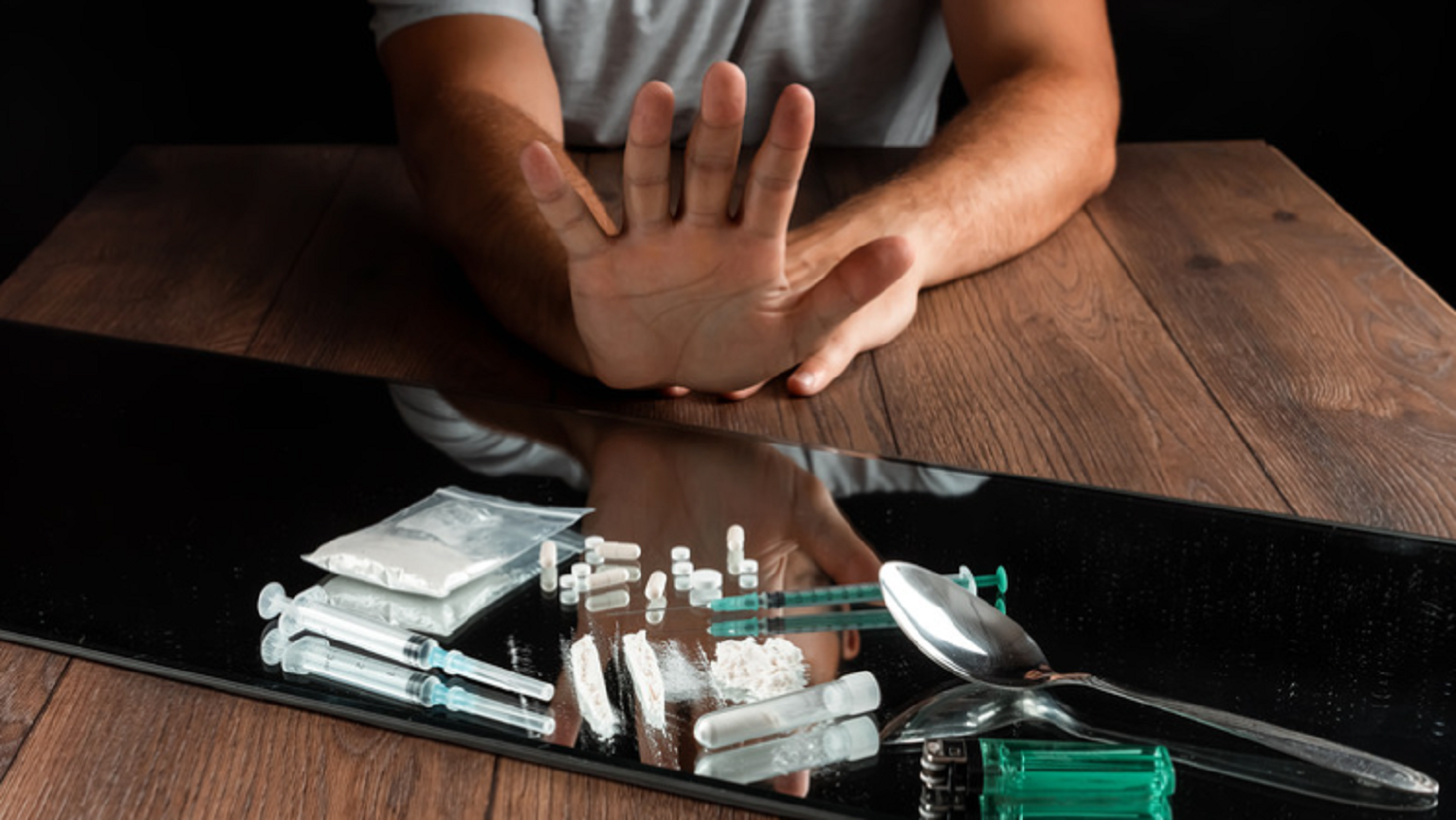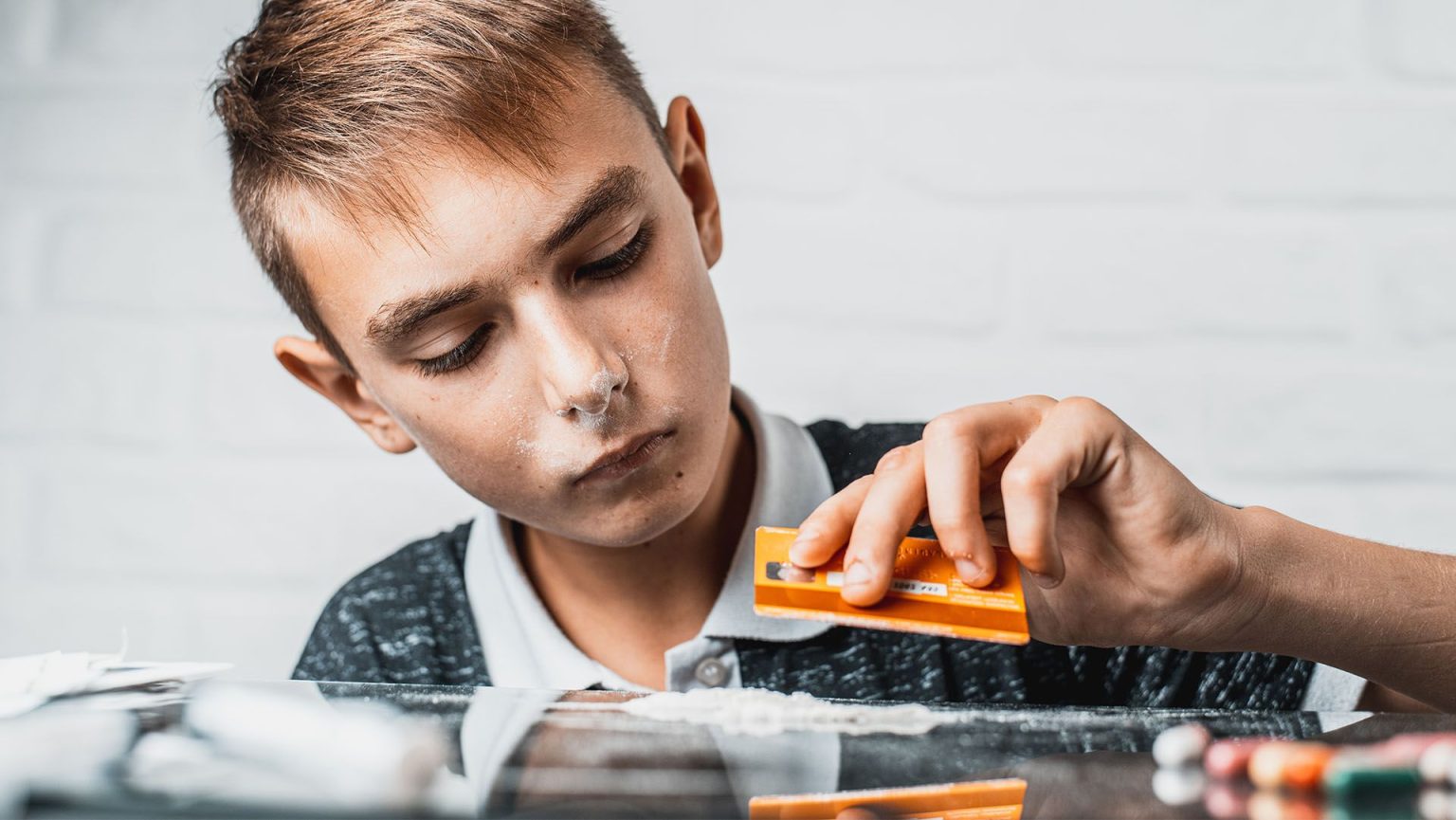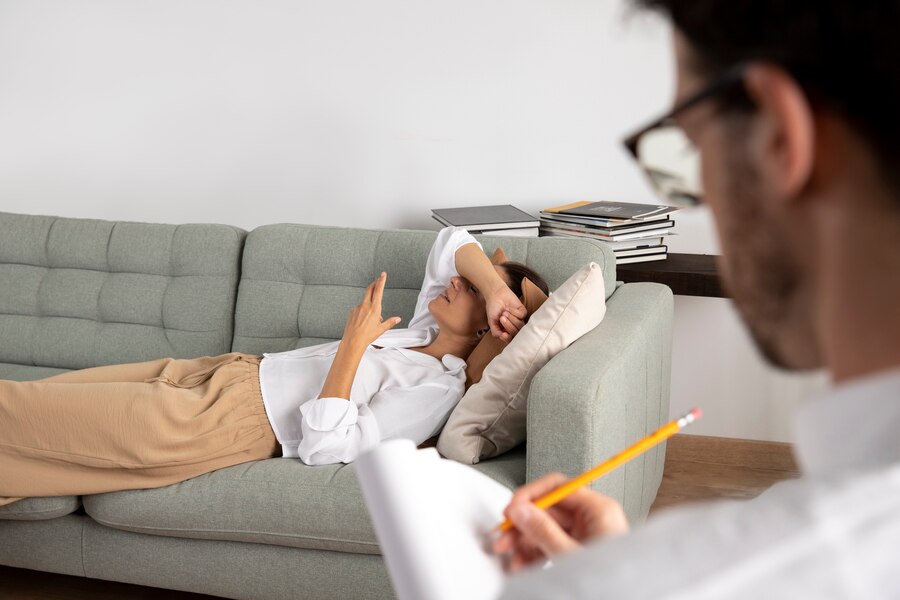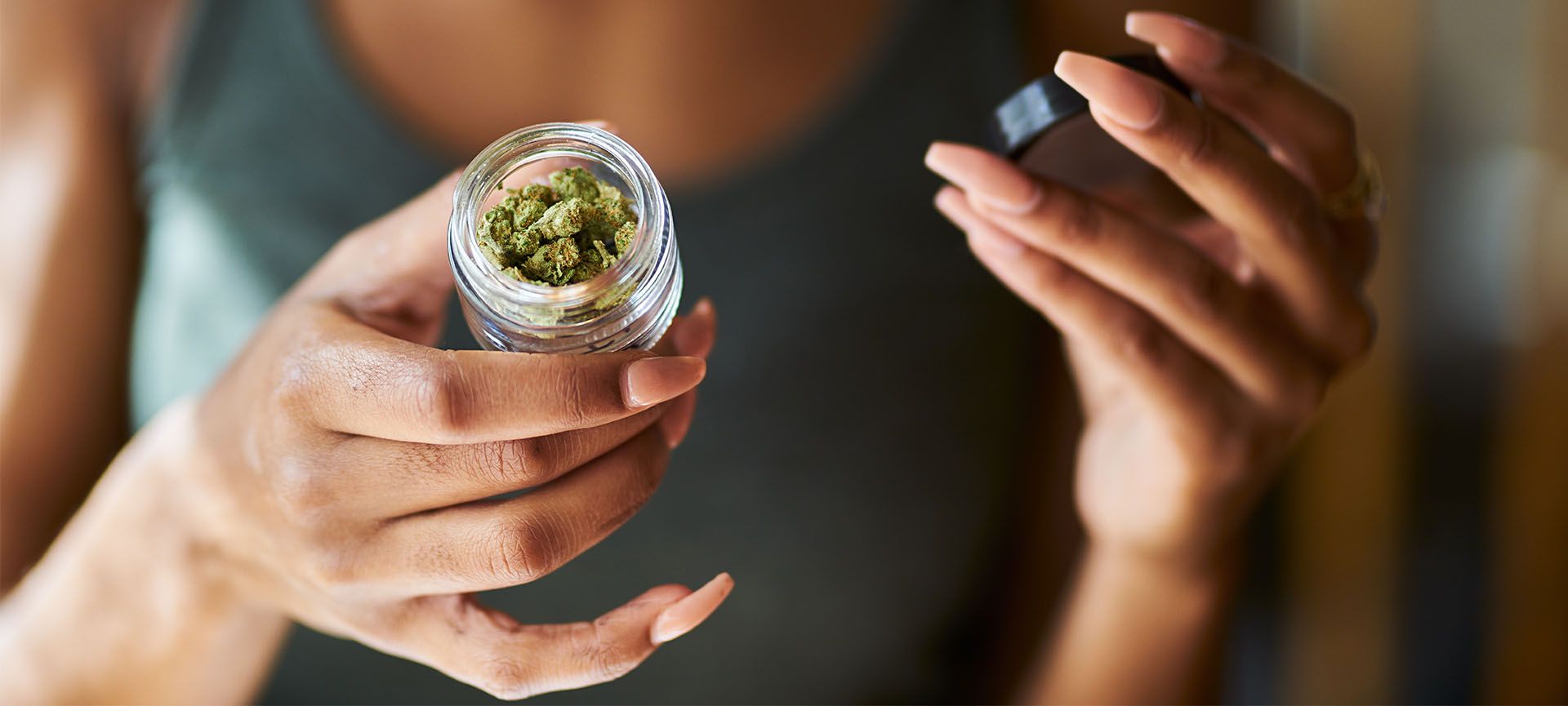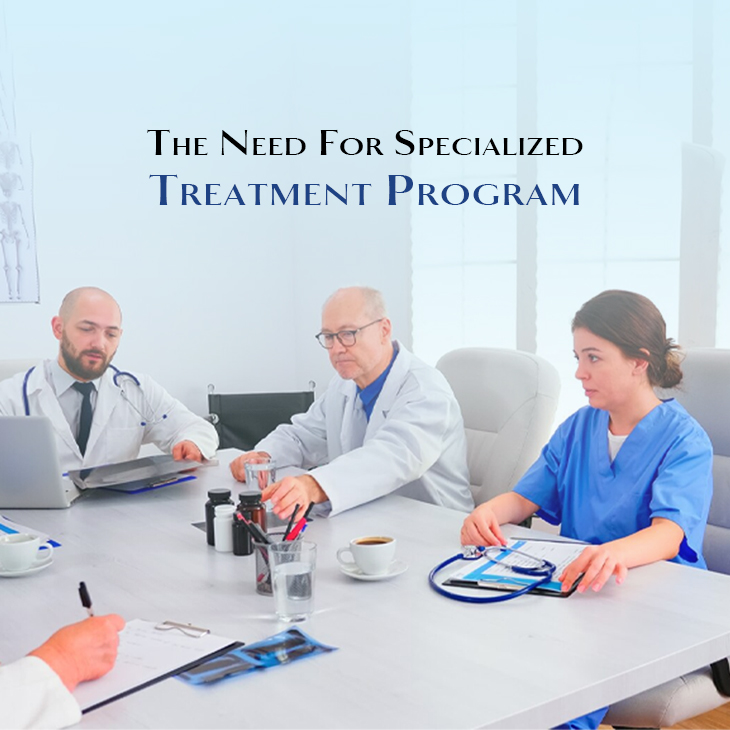Has alcohol abuse made your life a living hell? Did your pleasures die too soon after realizing how big of a curse alcohol itself is? It not only ruins your physical health but kills you mentally, destroying every bond you ever made and every individual you ever loved; alcohol takes it all away, leaving you all alone with nothing but stress that surrounds you and eats you up slowly and gradually. In the rush to figure a way out from the life that alcohol abuse has set for us, the only guideline we see is the alcohol detox medications.
Why Do We Need Alcohol Detox Medications:
Constant alcohol consumption can dangerously affect our minds and interrupt our hormone secretion levels. Alcohol consumption increases the level of dopamine in our body, which results in irregular secretion of dopamine under normal conditions. Quitting alcohol on your own can be dangerous to health as well as will end up being a failed attempt that results in an increase in the consumption of alcohol.
As alcohol disturbs the natural functioning of our brain, the urge for artificial changes in secretion levels increases, making it extremely difficult to quit alcohol on our own. Frequent or heavy drinkers are entirely dependent on alcohol; hence, it’s almost impossible and deadly for them to quit on their own. Due to this dysfunction of our brain, withdrawal symptoms occur that can be deadly and should not be treated without being under medical supervision.
Our body requires certain medications that must get all the alcohol out of our system before we can get proper treatment for addictions. Alcohol detox is just the initial step to soberness. There is still a long way to go before we entirely get rid of alcohol abuse.
How the Alcohol Detox Medication Works:

Alcohol detox medication isn’t just simple medication you go through and zoom the alcohol leaves your body, no. It’s an entire process that extends due to severe withdrawal symptoms. Alcohol withdrawal depends upon how long you have been drinking, how healthy your body is, and how severe your reactions are. It usually takes about 3-10 days to completely remove your dependence on alcohol and remove any alcohol traces in your body.
The alcohol withdrawal symptoms occur in phases:
Early Phase: The first symptom occurs during the first 6-12 hours after your last drink. These symptoms last for approximately two days.
- Hand tremors.
- Agitation
- Sweating
- Nausea and vomiting
- Irritability
- Anxiety
- Headache
- Increased heart rate
- Depression
- Heart palpitations
- Mood swings
- Abdominal pain
Peak Phase: Days 3-4 are the peak phase where most severe withdrawal symptoms occur. During this Phase, the health professionals take great care of you as the symptoms that occur may be deadly.
- Intense irritability.
- Anxiety
- Mental confusion.
- Insomnia
- Shaking
- Disorientation
- Hallucinations
- Paranoid thoughts.
- Fever
- Increased blood pressure.
- Seizure
- Irregular heart rate
- Sweating
Final Phase: During the final days of the week, the symptoms begin to lessen, and you become used to no consumption of alcohol. However, the following symptoms may continue to occur:
- Sleep disturbances
- Anxiety
- Depression
Medicine Used for Alcohol Detox Medications:
As the phases can be quite severe, health professionals tend to taper the drugs by using a substitute. These substitutes can either be medicines or lower doses so that the body can get used to them and give fewer symptoms. Not only do these medicines help with reducing withdrawal symptoms, but they also balance the chemicals in our bodies. Health professionals keep track of these medicines, and if they cause any severe side effects, the medicines are stopped.
The medicines that are most commonly used in alcohol detox:
Benzodiazepines:
They help treat insomnia, anxiety, and muscle spasms and may also be prescribed to calm your central nervous system. There are two kinds of benzodiazepines: the short-term and the long-term. The long-term is prescribed for three days or as needed.
Types of benzodiazepines that treat alcohol abuse:
- Chlordiazepoxide (Librium)
- Diazepam (Valium)
- Lorazepam (Ativan)
Uses: Benzodiazepines treat the following withdrawal symptoms:
- Seizures and tremors
- Difficulty sleeping and restlessness
- Nausea and vomiting
- Irritability
- Chills and sweats
- Headaches
- Pain
- Anxiety/Panic
Side effects:
- Drowsiness and calmness
- Confusion and lightheadedness
- Nausea and vomiting
- Constipation and memory loss
- Change in appetite
- Difficulty maintaining balance
- Weight gain
- Constipation
- Tiredness
- Sexual malfunction
Naltrexone:
Naltrexone is found in two forms; it can either be injected or found as a pill. It is best to take it after 7-10 days of alcohol withdrawal.
Uses: During the detox stage, naltrexone reduces the craving for alcohol.
Side effects:
- Abdominal or stomach pain severe
- Anxiety, nervousness, restlessness, or trouble sleeping
- Headache
- Joint or muscle pain
- Nausea or vomiting
- Unusual tiredness
- Blurred vision, aching, burning, or swollen eyes
- Discomfort while urinating or frequent urination
- Itching
Acamprosate: Does not have any impact on the withdrawal symptoms
Uses: Helps brain function normally again.
Side effects:
- Diarrhea
- Gas
- Upset stomach
- Loss of appetite
- Dry mouth
- Dizziness
- Itching
- Weakness
- Nausea
- Anxiety
- Difficulty falling asleep or staying asleep
- Sweating
Disulfiram:
Disulfiram is different from the rest of the medicines; it has negative effects that force you to stop the consumption of alcohol. If alcohol is consumed while you are on disulfiram, the effects are severe, such as nausea, headache, weakness, and low blood pressure.
Uses: Blocks the processing of alcohol in the body.
Side effects:
- Drowsiness
- Tiredness
- Headache
- Acne
- Decreased sexual ability
- Vision changes
- Numbness
- Muscle weakness
- Agitation
- Seizures
The Next Step:
Since the completion of the alcohol detox medications, you have been physically free from alcohol consumption. Of course, that is not the end; there is still a long way to go. To attain complete sobriety and prevent relapse, you should fully commit to therapy and treatment. The rehab facility is where addiction treatment near Ventura starts.
An individual receives both a home and a place where he can feel safe and well-cared for in rehab centers near Ventura. The Ventura rehab centers’ medical staff attends to its patients round-the-clock, seven days a week, giving them all the time and attention they need. Not only treating them but also being there for them emotionally, understanding them as people, and listening to what they were going through. The medical staff not only acts as doctors who help treat addiction but also as friends who are available to hear, make the patient comfortable, and understand their feelings.
Addiction treatments in Ventura also provide group therapies to help people know that they are not the only ones who face such situations; listening to others’ stories encourages patients to feel more confident about themselves and be there for the support of others. Not only does it make them motivated to heal soon, but it also helps others with healing, too. The rehab facility looks for the underlying causes of addiction and uses therapy to treat them. It assists a person in learning effective coping mechanisms, managing their stress, and recognizing and avoiding triggers. The rehab centers in Ventura have been working wonders in treating addiction and hence are the best place for a man to fully recover and finally lean back to the happy life they are missing out on. Sign in for your addiction treatment, as it’s never too late to take the right step to a brighter future.

